
THE STRANGE WORLD OF COPYRIGHT
I recently received notice from YouTube that my lecture on Beethoven’s Symphony #5 will not be available in certain countries due to copyright violation. I scratched my head, puzzled. Beethoven is in the public domain; no copyright. Was it the recording orchestra that claimed a copyright? But then the podcast was posted three years ago. Why now?
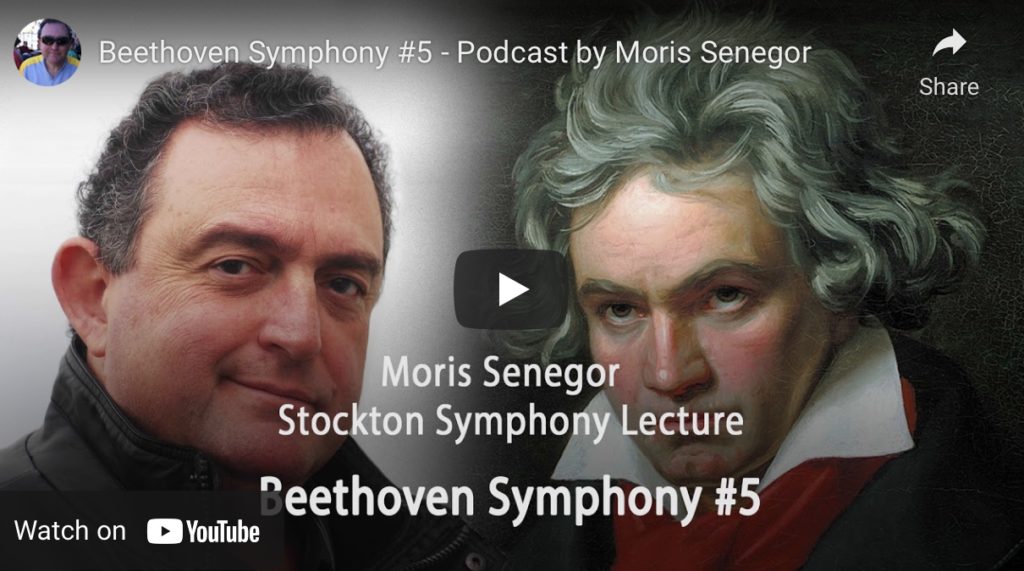
Investigating further, I noticed the countries that banned my lecture: Russia and Belarus. Aha! It now made sense. This was no copyright infringement. Those two countries, currently aligned against Ukraine in a war, were probably blocking YouTube altogether. But then what about my other lectures? I have seventeen podcasts on YouTube.

Welcome to the strange world of copyrights.
First a word about these talks. I have been giving music lectures for the Stockton Symphony since 2000. These were very detailed talks about works the symphony was to perform soon after each lecture. It took me months of research to prepare these, perusing musicology papers, poring over orchestral scores and preparing a detailed handout for each talk. I created soundtracks for these lectures, consisting of musical snippets from the works discussed that demonstrated the points being made.
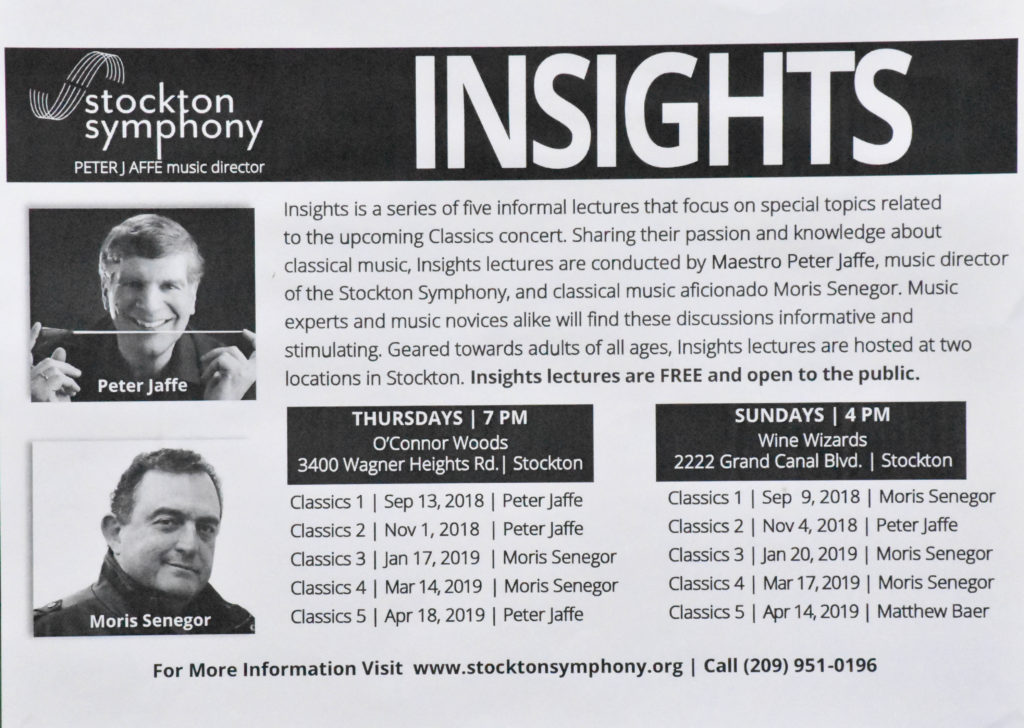
The lecture series, most recently entitled Insights, were attended by a small number of classical music diehards. Some became regulars. After many years I decided to enlarge my audience by putting these up on YouTube. This involved yet more time-consuming work.
I had to record the talks in a professional studio with a sound technician who combined them with the corresponding soundtracks and edited them. I quickly discovered that I could not ad lib the talks in the sound booth as I did during a lecture. I had to prepare advance scripts to read from. More work.
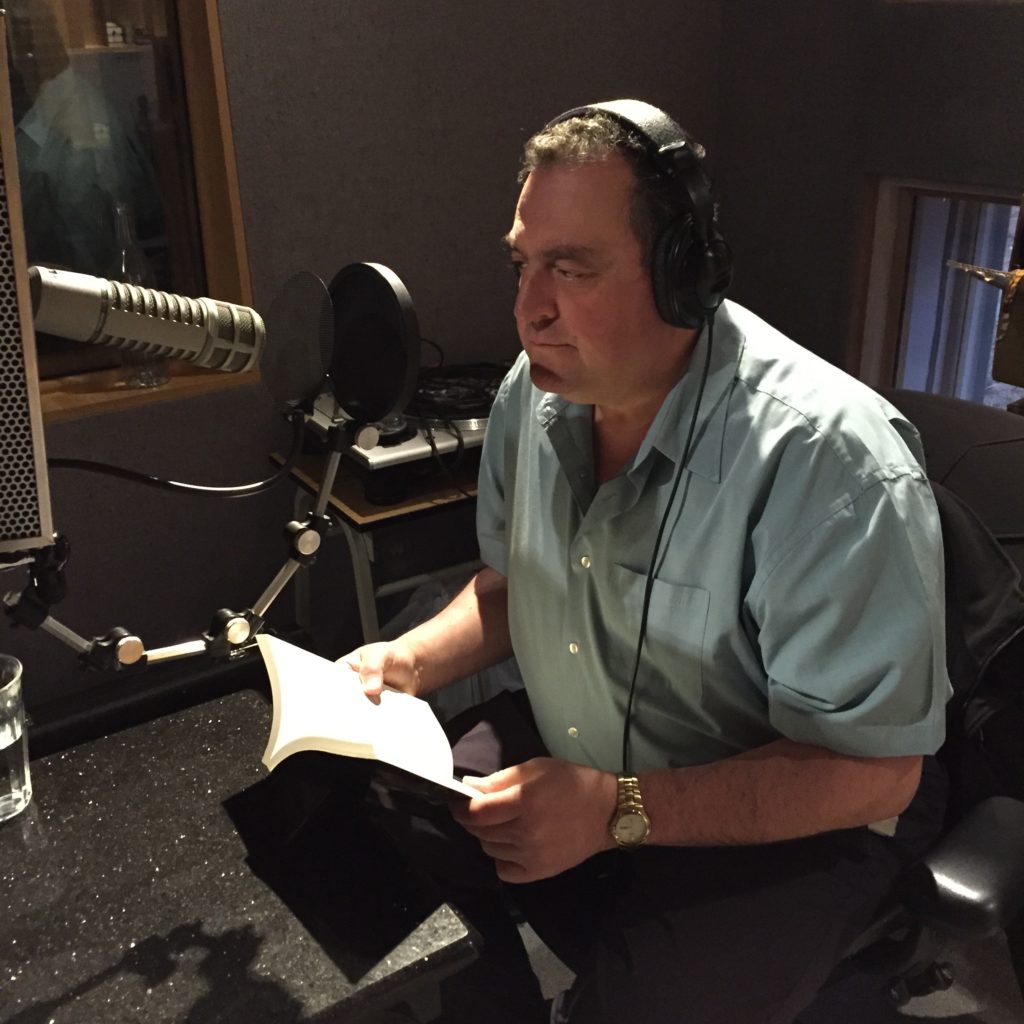
Once completed, the lectures were sent to my web manager who uploaded them onto YouTube. That’s when I encountered peculiar copyright issues.
If my lecture soundtrack contained musical snippets how did YouTube discover infringement? It turns out that there are digital trolls that circulate around YouTube content and can match those snippets with a particular recording. The process is amazingly accurate.
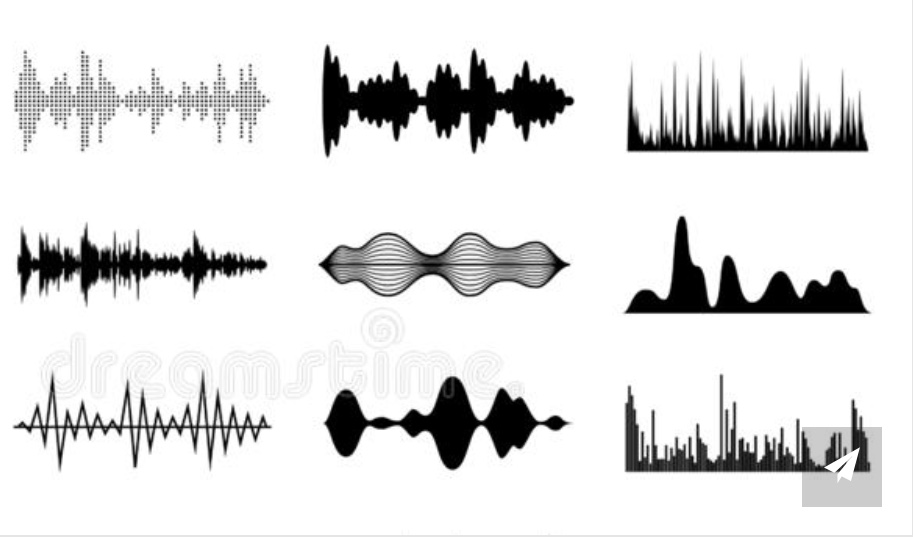
I had a number of lectures that involved choral works, such as Mozart’s Requiem and Orff’s Carmina Burana, rejected by YouTube on grounds of copyright infringement. I could understand that because the recordings contained soloists (such as sopranos or tenors) who are currently alive and guard their work.
But then I also had a talk on Shostakovich Symphony #5, one of my favorites, also rejected. Why? Shostakovich has been dead since 1975. Isn’t he in the public domain along with Mozart, Brahms and Beethoven?
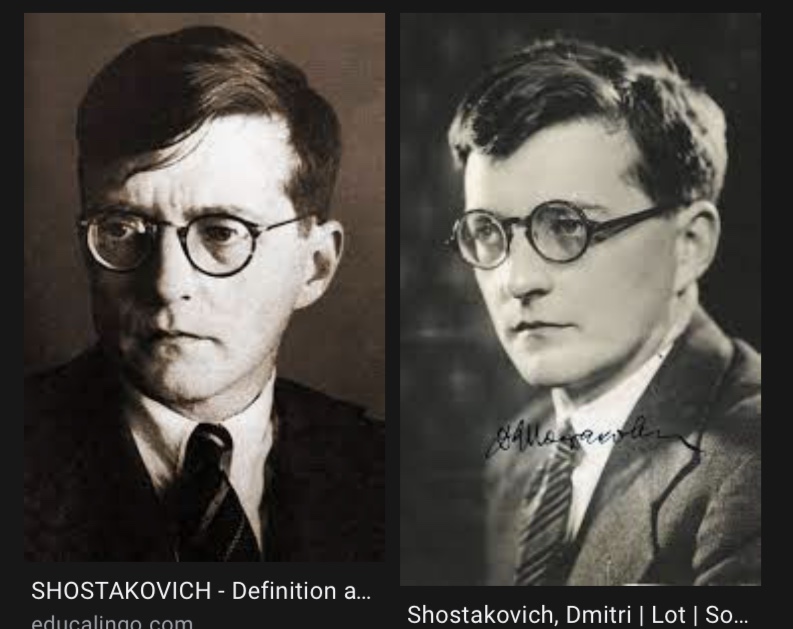
When I dug into it, and it took some research, I discovered that by some obscure decision of the US Supreme Court, the works of Shostakovich and Prokofiev, two roughly contemporary 20th century Russian composers, enjoy copyright. Don’t ask me about the legal technicalities of why this is. I couldn’t quite figure it out.
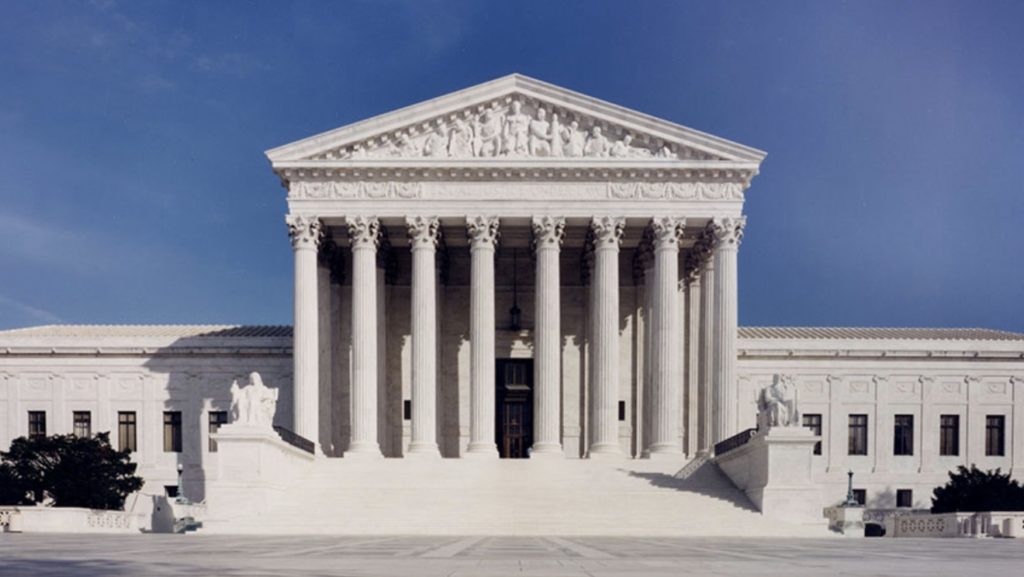
There was another dimension to this copyright problem that I found vexing. My lectures were intended for public edification. I never intended or asked for any renumeration. As a free public service shouldn’t these be exempt from copyright infringement? Try and explain this to YouTube!
The remedy that my web manager suggested was to upload the rejected lectures on another medium: Soundcloud.
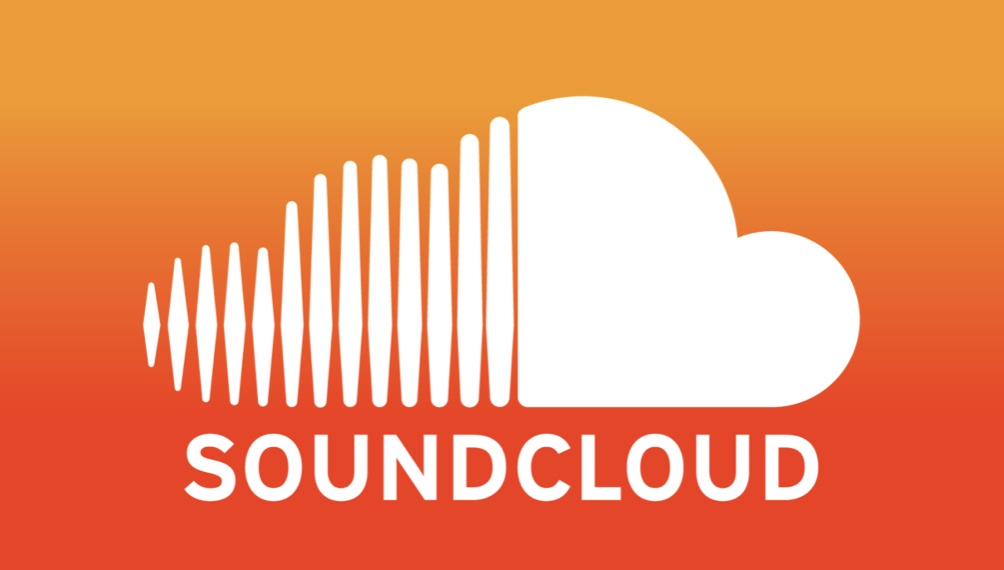
Soundcloud accepted them all. No problem. So what’s the difference from YouTube?
Incidentally, Soundcloud charges an annual fee to make the content available. Over the years I have neglected the fees and two lectures rejected by YouTube, Shostakovich #5 and Carmina Burana are no longer available.
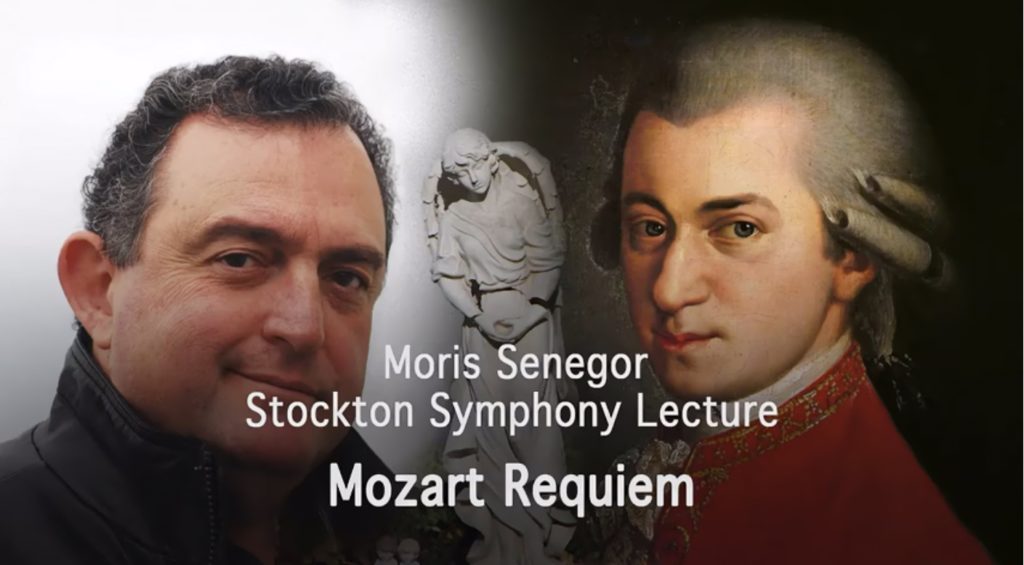
In yet another unexpected twist, I recently discovered that the Mozart Requiem, another YouTube reject posted on Soundcloud, is now back up on YouTube. What happened? Why did they change their mind? Who knows!
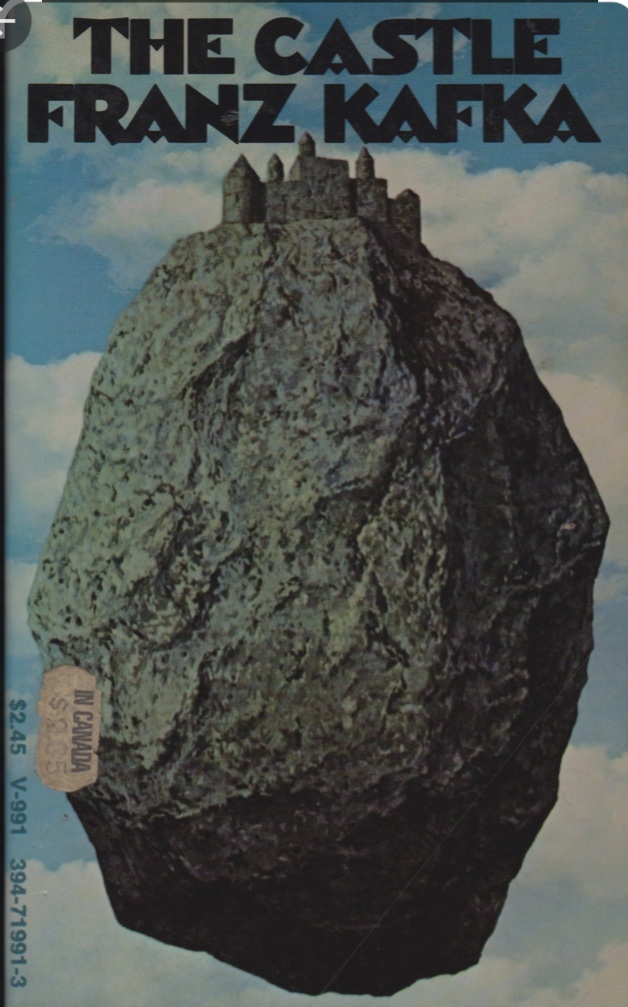
Trying to get recourse from YouTube on all of this was a Kafkaesque experience, and I gave up on that years ago. So I live with these strange, inconsistent copyright issues and try to chuckle with each revelation rather than scream.
